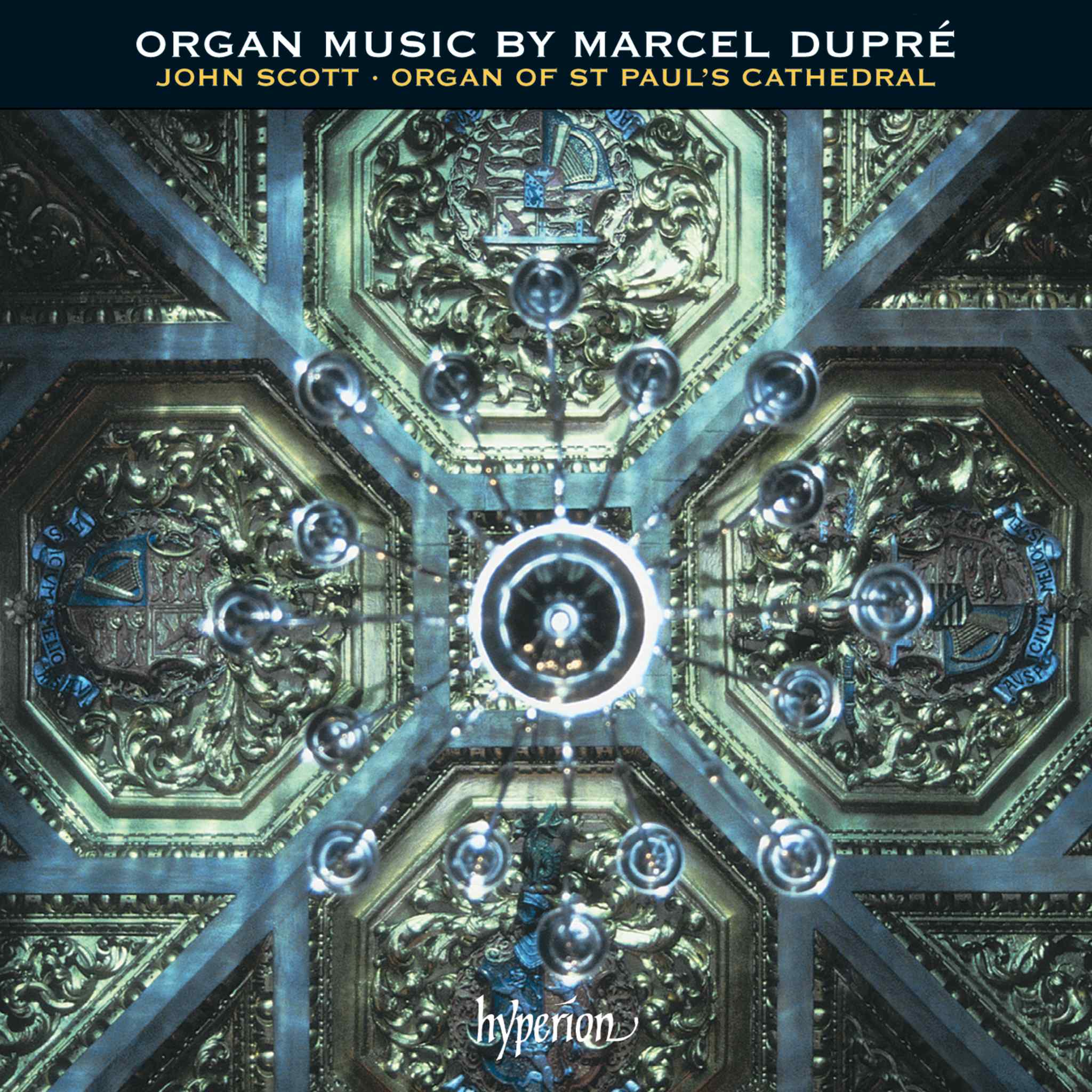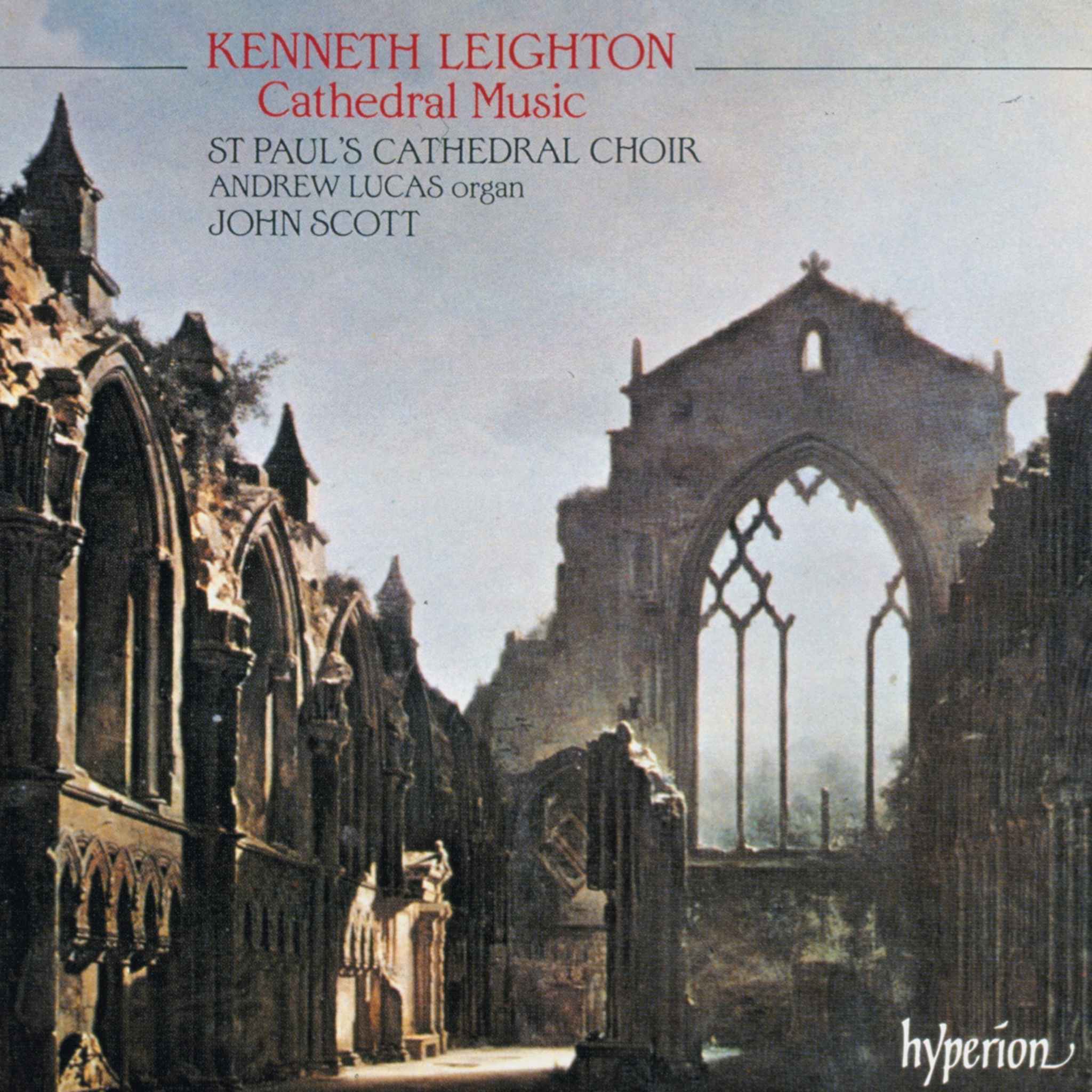Album insights
Born in 1887 in Rio de Janeiro, Heitor Villa-Lobos became the most famous Brazilian composer of all time due to his extensive and colorful music. His compositions vividly showcased Brazil's diversity while freeing Brazilian classical music from European influences. Villa-Lobos veered from a medical career after his father's death in 1899. He immersed himself in music, playing in impromptu groups known as chôros. Traveling across Brazil, he absorbed influences from Portuguese, African, and indigenous music, leading to a musical breakthrough with the Chôros series in the 1920s.
Villa-Lobos' Chôros series represented various aspects of Brazilian life through a blend of worldly folk tunes, indigenous rhythms, and urban sounds. Following successes and controversies in Brazil, he traveled to Paris in 1923, where the vibrant artistic scene of the 1920s embraced his colorful and rhythmically bold compositions. Prominent figures like composer Jean Wiener arranged Villa-Lobos' concerts, introducing Parisians to his innovative music. Villa-Lobos' unique blend of Brazilian and European influences found a receptive audience in the Parisian cultural milieu.
His innovative compositions, such as the Oboe, Clarinet, and Bassoon Trio from 1921, exemplified Villa-Lobos' mastery of blending improvisational street music with intricate contrapuntal techniques. This approach was further developed in Chôros No. 2 and the Bachianas Brasileiras series, paying homage to Brazilian culture and Johann Sebastian Bach. Villa-Lobos' unwavering exploration of Brazilian musical identity culminated in works like the quintet for woodwinds and his engagement with national ceremonies, culminating in the orchestral piece "Distribuição de flores."
The Flute and Cello Fantasia "Assobio a Jato," composed in 1950, reflects Villa-Lobos' humorous and virtuosic compositions. In 1958, he ventured into film music for "Green Mansions," showcasing his connection to Brazil's forests and jungles. Villa-Lobos' legacy lives on through evocative compositions such as the sentimental Modinha pieces for flute and guitar, inspired by traditional Brazilian love songs. Through his diverse musical contributions, Villa-Lobos left an indelible mark on Brazilian and international music scenes.




